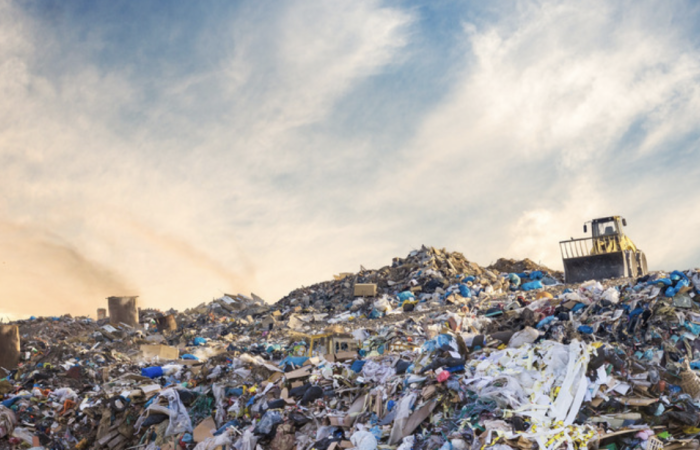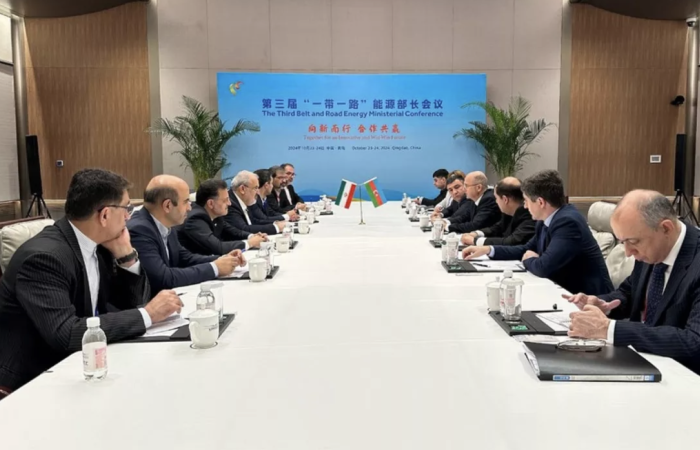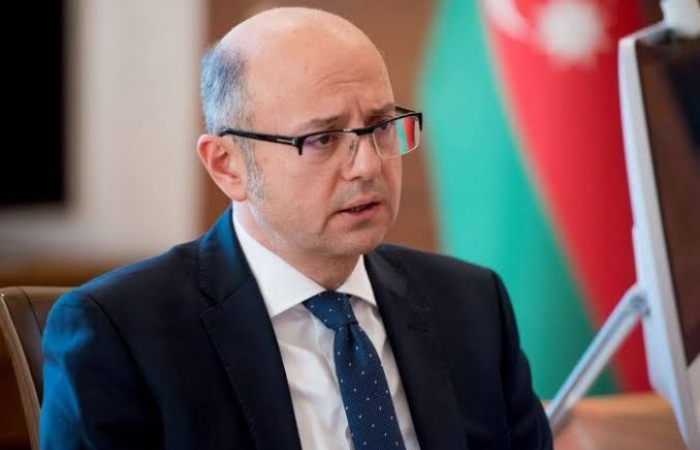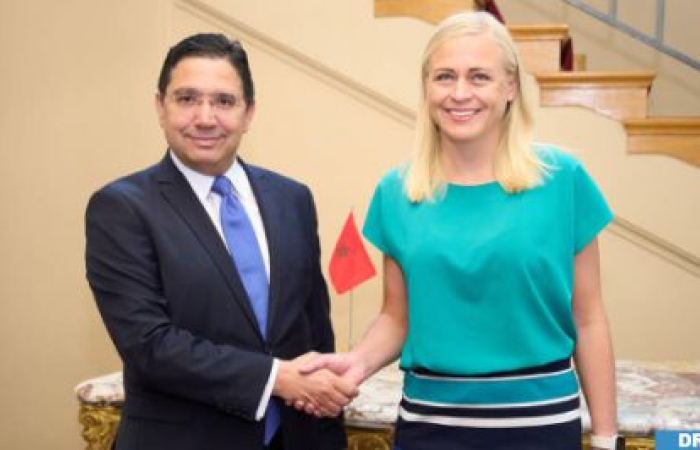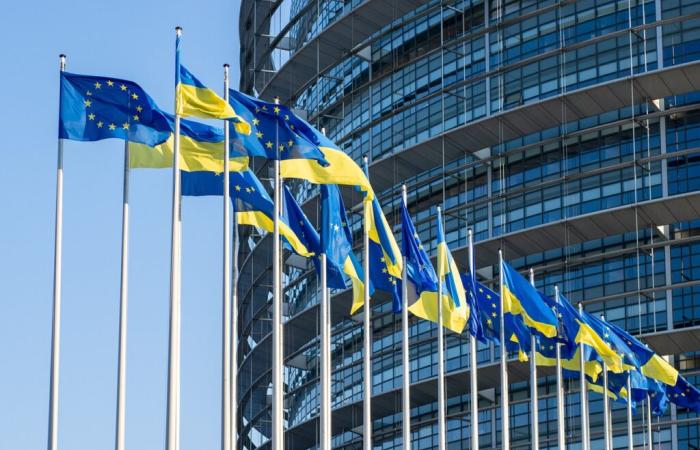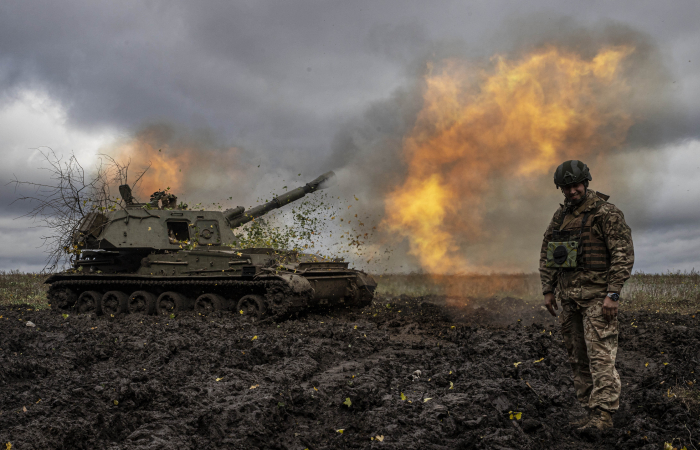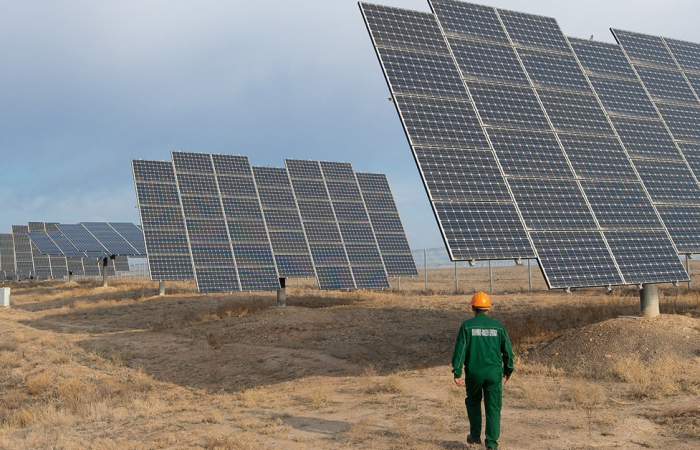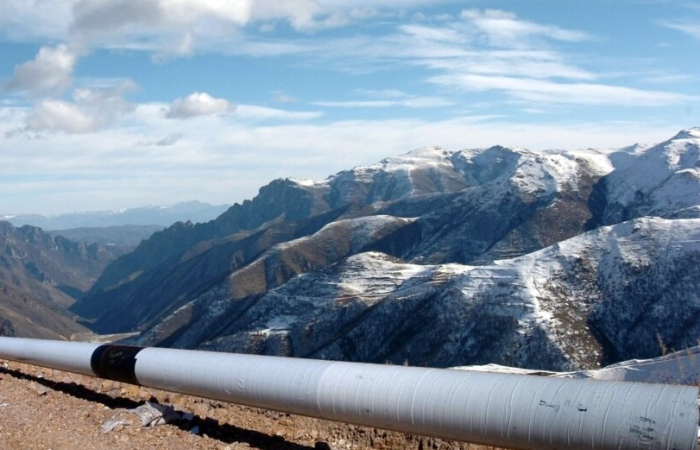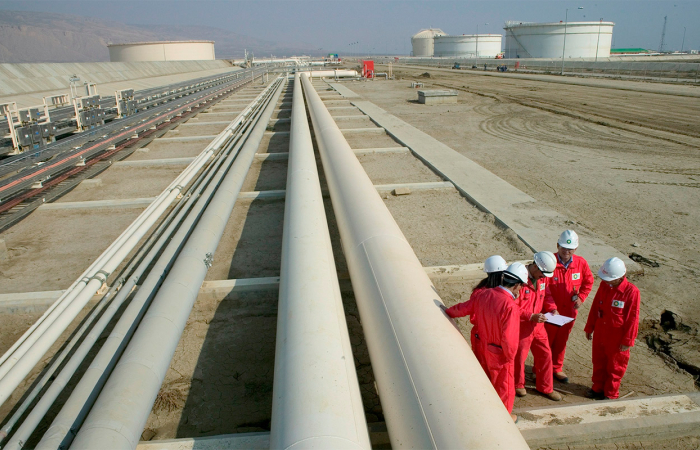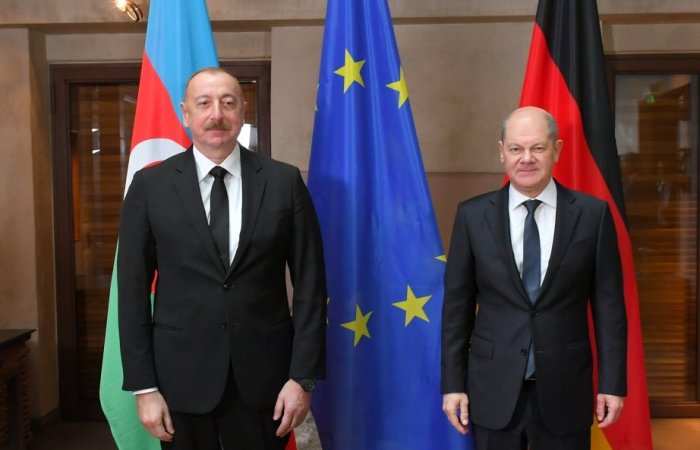Editor's choice
This is a members’ functionality. Please
Sign upOpinion
Trending
Opinion: Armenia-Azerbaijan Gas Co-operation: Pipe Dream or Reality?
7 May 2024
In that context, is it even possible to consider Armenia purchasing gas from Azerbaijan? Unless Yerevan can cancel or renegotiate its existing obligations, that remains unknown. However, that is not to say there aren’t other opportunities. Given the finite nature of fossil fuels, and a gradual switch to renewables anyway, perhaps alternative energy sources offer more potential. Armenia already exports electricity to Georgia and that could be expanded to include Turkiye and through the Black Sea Submarine Cable too – but likely only if normalisation continues. "Following an unprecedented joint statement by Yerevan and Baku last December, in which Armenia green lit Azerbaijan hosting the United Nations Climate Change Conference (COP) later this year, the event offers the opportunity to take this conversation further. At the weekend, Azerbaijani Presidential Advisor Hikmet Hajiyev had already put the focus on making the important global event “an engine for peace by finding common ground […].”
As the world continues to grapple with the problem of climate change and securing new sources of energy for the future, it is vital that Armenia, Azerbaijan, and Georgia work together as part of a larger solution. The signs are already there", wites Onnik James Krikorian in this op-ed for commonspace.eu




